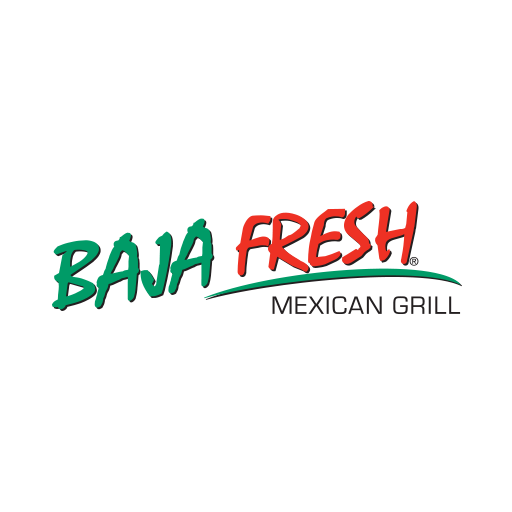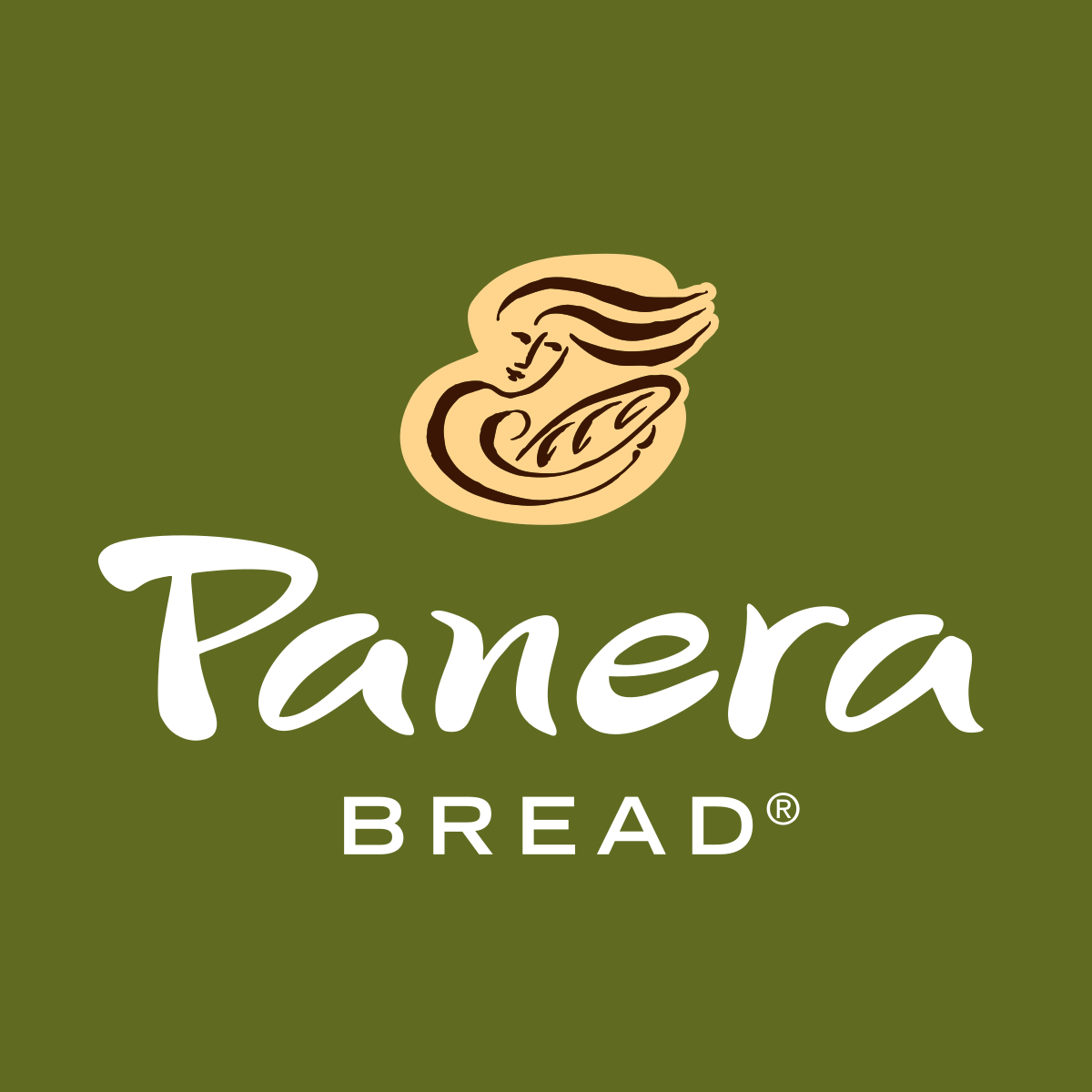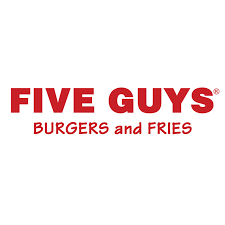Chipotle Franchise in 2025: Costs, Fee & FDD
Explore the comprehensive analysis of Chipotle Mexican Grill, a fast-casual dining pioneer known for its high-quality, responsibly sourced ingredients and strong market presence. Learn about investment costs, potential earnings, and key insights for future franchise opportunities.
Table of Contents:
Chipotle Mexican Grill, commonly known as Chipotle, was founded by Steve Ells in 1993 in Denver, Colorado. Ells, a Culinary Institute of America graduate, envisioned a restaurant that combined the convenience of fast food with the quality of fine dining. Chipotle quickly gained popularity for its unique approach to Mexican cuisine and its commitment to using high-quality, responsibly sourced ingredients. Today, Chipotle stands out as a pioneer in the fast-casual dining segment, offering a distinctive alternative to traditional fast food.
At the heart of Chipotle’s menu are its customizable burritos, bowls, tacos, and salads, which allow customers to personalize their meals with a variety of fresh ingredients. Core offerings include proteins such as chicken, steak, barbacoa, and sofritas (a vegan option made from tofu), accompanied by rice, beans, salsas, and toppings like guacamole and cheese. While Chipotle Mexican Grill franchise opportunities are not available, the brand’s emphasis on fresh ingredients and customization makes it a popular choice for health-conscious consumers and those with specific dietary needs. The brand’s focus on freshly prepared gourmet sandwiches and other menu items resonates strongly with millennials and urban professionals who value quality and convenience.
As of recent data, Chipotle operates over 3,400 locations primarily in the United States, with a growing presence in Canada, the United Kingdom, France, and Germany. The brand serves millions of customers daily, maintaining a strong foothold in the competitive fast-casual market. Chipotle’s success can be attributed to its strategic expansion and consistent delivery of a high-quality dining experience. Its innovative digital and mobile ordering systems further enhance customer convenience, driving significant online and in-app sales.
Though Chipotle does not currently franchise in the U.S., its corporate-owned structure ensures a consistent and high-standard experience across all locations. The company invests heavily in employee training and development, with programs designed to uphold its commitment to food safety and customer service excellence. Notable initiatives include the Cultivate University, an extensive training platform for staff, and the Chipotle Cultivate Foundation, which supports sustainable agriculture and culinary education. These programs reflect Chipotle’s dedication to operational excellence and its mission to cultivate a better world through food.

Chipotle Franchise Insights
- Chipotle is renowned for its “Food With Integrity” philosophy, emphasizing the use of organic, local, and sustainably sourced ingredients, which sets it apart in the fast-casual dining industry.
- The restaurant chain has consistently demonstrated strong financial performance, with annual revenues exceeding $7 billion, showcasing its robust market presence and profitability potential.
- Chipotle’s innovative digital and mobile platforms account for over half of its sales, highlighting the brand’s successful adaptation to modern consumer behaviors and technological advancements.
- Despite not franchising in the U.S., Chipotle’s corporate-owned model ensures uniform quality and operational efficiency across all its locations, maintaining a strong brand reputation.
Chipotle Franchise Key indicators
Annual Revenue
$7 billion
Total Locations
Over 3,400
Digital Sales %
50% of Total Sales
How much does it cost to open a Chipotle franchise?
Understanding the potential investment size and capital requirements is crucial when considering opening a Chipotle franchise. While it is not currently possible to become a franchisee of Chipotle, you can still see the Chipotle franchise cost to open up a new location. These financial commitments, including equipment costs, and ongoing operational expenses, impact the feasibility and profitability of the venture. Thoroughly evaluating these factors ensures that potential franchisees are prepared for the financial responsibilities and can make informed decisions about their ability to sustain and grow the business, ultimately contributing to long-term success.
Min & Max Investment
Opening a Chipotle location involves several key costs. As Chipotle does not produce an up to date Franchise Disclosure Document (FDD), we can estimate the costs for a Chipotle based on public filings and analysis. The costs to open up a new Chipotle location are estimated to be between $1,060,000 to $1,799,000. The lower costs are expected for smaller location conversions and the higher costs are expected for new and larger locations.
| Type of Expenditure | Minimum Investment | Maximum Investment |
|---|---|---|
| Chipotle Franchise Fee (if they franchised) | $20,000 | $25,000 |
| Real Estate Purchase or Lease | may vary substantially based upon the location | may vary substantially based upon the location |
| Site Preparation and Completion Costs | $150,000 | $500,000 |
| Construction Costs | $550,000 | $800,000 |
| Operating Equipment | $150,000 | $160,000 |
| Furniture, Fixtures and Decor | $25,000 | $35,000 |
| Signage and Installation | $25,000 | $45,000 |
| Point of Sale System | $40,000 | $55,000 |
| Initial Inventory | $15,000 | $22,000 |
| Grand Opening Marketing | $8,000 | $12,000 |
| Pre-Opening Training (Travel and Living Expenses) | $32,000 | $45,000 |
| Miscellaneous Opening Costs | $20,000 | $65,000 |
| Additional Funds | $25,000 | $35,000 |
| Total | $1,060,000 | $1,799,000 |
Required Capital
Since Chipotle does not currently franchise in the U.S., there are no official figures for the required capital, liquid assets, and net worth to open a Chipotle franchise. However, based on industry standards for similar fast-casual restaurant franchises, we can provide some estimates for if and when Chipotle does decide to franchise in the U.S.:
Initial Investment: Typically, opening a fast-casual restaurant can require an initial investment ranging from $500,000 to $2 million, depending on location, size, and build-out costs. This estimate includes costs for real estate, equipment, initial inventory, and other startup expenses.
Liquid Assets: For similar franchises, it is common for franchisors to require potential franchisees to have liquid assets of at least $250,000 to $500,000 to ensure they have the necessary funds to cover initial and ongoing operational costs.
Net Worth: A net worth requirement for comparable fast-casual franchises might range from $1 million to $2 million, ensuring that the franchisee has sufficient financial stability and resources to sustain the business.
These figures are estimates based on industry standards and may not reflect Chipotle’s actual requirements if they ever decide to franchise in the future.
How much does a Chipotle franchise owner make?
While Chipotle is not currently franchising in the U.S., it helps to know how much a potential Chipotle franchise owner would make for if and when they decide to franchise. Calculating the salary of a hypothetical Chipotle franchise owner involves analyzing gross sales to determine total revenue, assessing operational efficiency to understand profit margins, and accounting for franchisor fees and additional expenses such as rent, utilities, and payroll. Effective management of these factors can significantly impact the profitability and financial success of a potential Chipotle franchise owner. This comprehensive financial analysis helps estimate net profits, from which the owner’s salary can be derived. A clear understanding of these factors ensures accurate salary projections and financial planning for sustainable business operations.
Chipotle Revenue & Gross Sales
In 2023, Chipotle’s locations achieved a median gross sales of approximately $3,000,000, reflecting a 7% increase from the previous year. This strong financial performance underscores the brand’s robust consumer demand and potential for lucrative returns for Chipotle.
Which key factors impact the average revenue performance of Chipotle locations?
Several key factors contributed to the growth of Chipotle’s U.S. average gross sales revenue in the most recent year:
- Digital and Mobile Sales Expansion Chipotle significantly increased its digital sales, which accounted for over 50% of total revenue by the end of 2023. This growth was driven by enhancements in their mobile app, online ordering systems, and the implementation of Chipotlanes (drive-thru pick-up lanes for digital orders), which improved convenience and attracted more customers.
- Menu Innovation and Pricing The introduction of new menu items and limited-time offerings kept the menu fresh and appealing to customers. Additionally, strategic price adjustments helped offset inflationary pressures on food costs, particularly for ingredients like beef, produce, and queso.
- Operational Efficiency Chipotle invested in new technologies and training programs to enhance operational efficiency. For example, the company implemented a new labor management tool to optimize staffing and introduced customer-facing PIN pads to streamline payment processes. These measures improved throughput and overall customer experience.
- Sustainability and Quality Focus Chipotle’s commitment to “Food With Integrity” continued to resonate with consumers. The brand’s focus on using sustainably sourced, high-quality ingredients bolstered its reputation and attracted health-conscious and environmentally aware customers.
- Marketing and Customer Engagement Chipotle’s marketing efforts, including loyalty programs and targeted advertising, played a crucial role in maintaining and growing its customer base. Effective promotions and engagement strategies helped retain existing customers while attracting new ones.
- Economic and Market Conditions The broader economic recovery and consumer spending trends positively impacted the restaurant industry. As people returned to dining out more frequently post-pandemic, Chipotle benefited from increased foot traffic and higher average check sizes.
These factors combined to drive Chipotle’s impressive growth in average gross sales revenue from 2022 to 2023, showcasing the company’s ability to adapt and thrive in a competitive market.
Chipotle Franchise Operational Costs
When opening a new location, Chipotle must consider several key primary ongoing operational costs to ensure sustainable operations and profitability:
- Labor Costs Salaries, wages, and benefits for employees represent a significant portion of operational expenses. This includes hiring, training, and retaining staff, with a focus on providing competitive wages and benefits to reduce turnover.
- Food and Beverage Costs The cost of ingredients and supplies is another major expense. Chipotle’s commitment to high-quality, sustainably sourced ingredients can lead to higher costs, especially for organic produce, responsibly raised meats, and other premium items.
- Rent and Utilities Leasing space for a new restaurant involves significant ongoing expenses. Rent can vary widely depending on the location, and utilities such as electricity, water, and gas also contribute to the overall cost.
- Marketing and Advertising Ongoing marketing efforts, including local advertising, promotions, and loyalty programs, are essential to attract and retain customers. These efforts help maintain brand visibility and customer engagement.
- Maintenance and Repairs Regular maintenance of equipment, fixtures, and the facility itself is necessary to ensure smooth operations and a pleasant customer experience. This includes costs for routine repairs and preventive maintenance.
- Administrative Expenses General administrative expenses such as insurance, supplies, accounting, and legal services are also important. These costs help support the overall business infrastructure and ensure compliance with regulations.
By carefully managing these ongoing operational costs, Chipotle can maintain efficient and profitable operations in its new locations.
Chipotle Franchise Fees
Since Chipotle is not a franchise, it does not have any franchise fees. Chipotle does not charge any franchise fees because it operates as a wholly corporate-owned chain rather than a franchise. This means that all Chipotle locations are owned and managed by the corporate entity rather than by individual franchisees. By maintaining direct control over all its restaurants, Chipotle ensures consistency in quality, service, and operational standards across all its locations. This corporate structure allows Chipotle to implement its business strategies uniformly and maintain a strong brand identity without relying on external franchise operators.
Chipotle Location Earnings
The earnings of a Chipotle can vary significantly based on a variety of factors including location, sales volume, operational efficiency, and cost management. However, on average, Chipotle can expect to earn a significant income on a per location basis.
Chipotle locations have an average gross sales of $3,000,000. Based off of the average gross sales and an average restaurant operating margin of 25%, we can estimate an average Chipotle location makes $750,000 in estimated earnings (EBITDA) per year. Note that if Chipotle were to franchise, then a Chipotle owner’s earnings would likely be $750,000, assuming that they worked in the business as a manager.
How to Open a Chipotle
Chipotle Mexican Grill is not a franchise, which means it does not offer franchising opportunities to individuals. Instead, all Chipotle locations are owned and operated by the corporate entity. This corporate ownership model allows Chipotle to maintain direct control over its operations, ensuring consistency in food quality, customer service, and overall brand experience across all its restaurants. As a result, it is not possible to become a franchisee of Chipotle.
However, if you’re interested in becoming a general manager at a Chipotle restaurant, here are the steps typically involved:
1. Starting Position
Most employees begin in entry-level positions such as crew member or kitchen staff. This allows them to learn the basics of restaurant operations and Chipotle’s standards.
2. Demonstrating Leadership
Show strong performance, leadership skills, and a commitment to Chipotle’s values. Taking on additional responsibilities and demonstrating the ability to lead a team is crucial.
3. Internal Promotion
Chipotle strongly emphasizes promoting from within. Employees who excel can advance to positions like service manager, kitchen manager, and apprentice, which are steps toward becoming a general manager.
4. Training Programs
Chipotle offers extensive training programs to develop the skills needed for management roles. These programs cover various aspects of restaurant management, including operations, people management, and financial performance.
5. Experience and Tenure
Gaining experience in different roles within the restaurant and demonstrating a track record of success is key. Typically, candidates for general manager positions have several years of experience in the industry and within Chipotle.
6. Application and Selection
Once the necessary experience and training are achieved, employees can apply for open general manager positions. The selection process includes evaluations of performance, leadership qualities, and fit with Chipotle’s culture and values.
By following these steps, dedicated employees can advance to general manager positions within Chipotle, benefiting from the company’s commitment to internal career growth and development.
Pros & Cons to Opening a New Chipotle Location
Pros:
Brand Strength and Recognition: Chipotle has a strong brand presence and loyal customer base, which helps new locations quickly attract customers.
High Average Unit Volume (AUV): With an AUV surpassing $3 million, new locations have the potential for robust sales and profitability.
Commitment to Quality: Chipotle’s “Food With Integrity” philosophy, focusing on high-quality, sustainably sourced ingredients, continues to appeal to health-conscious and environmentally aware consumers.
Digital Sales Growth: Investment in digital and mobile ordering platforms has driven significant sales growth, with digital sales accounting for over 50% of total revenue.
Operational Efficiency: Innovations in labor management and customer service tools enhance operational efficiency and throughput, leading to better customer experiences and higher sales.
Cons:
High Initial Investment: Opening a new location involves significant upfront costs for real estate, equipment, and initial inventory, which can be a financial burden.
Labor Costs: Competitive wages and benefits are necessary to attract and retain staff, contributing to high ongoing operational costs.
Supply Chain and Food Costs: The commitment to using high-quality, sustainably sourced ingredients can result in higher food costs, which can be challenging to manage amidst inflationary pressures.
Market Saturation Risk: In highly saturated markets, new locations may face intense competition from other Chipotle restaurants and similar fast-casual dining options, potentially impacting sales.
Economic Sensitivity: Changes in economic conditions, such as inflation or shifts in consumer spending, can affect restaurant performance and profitability.





